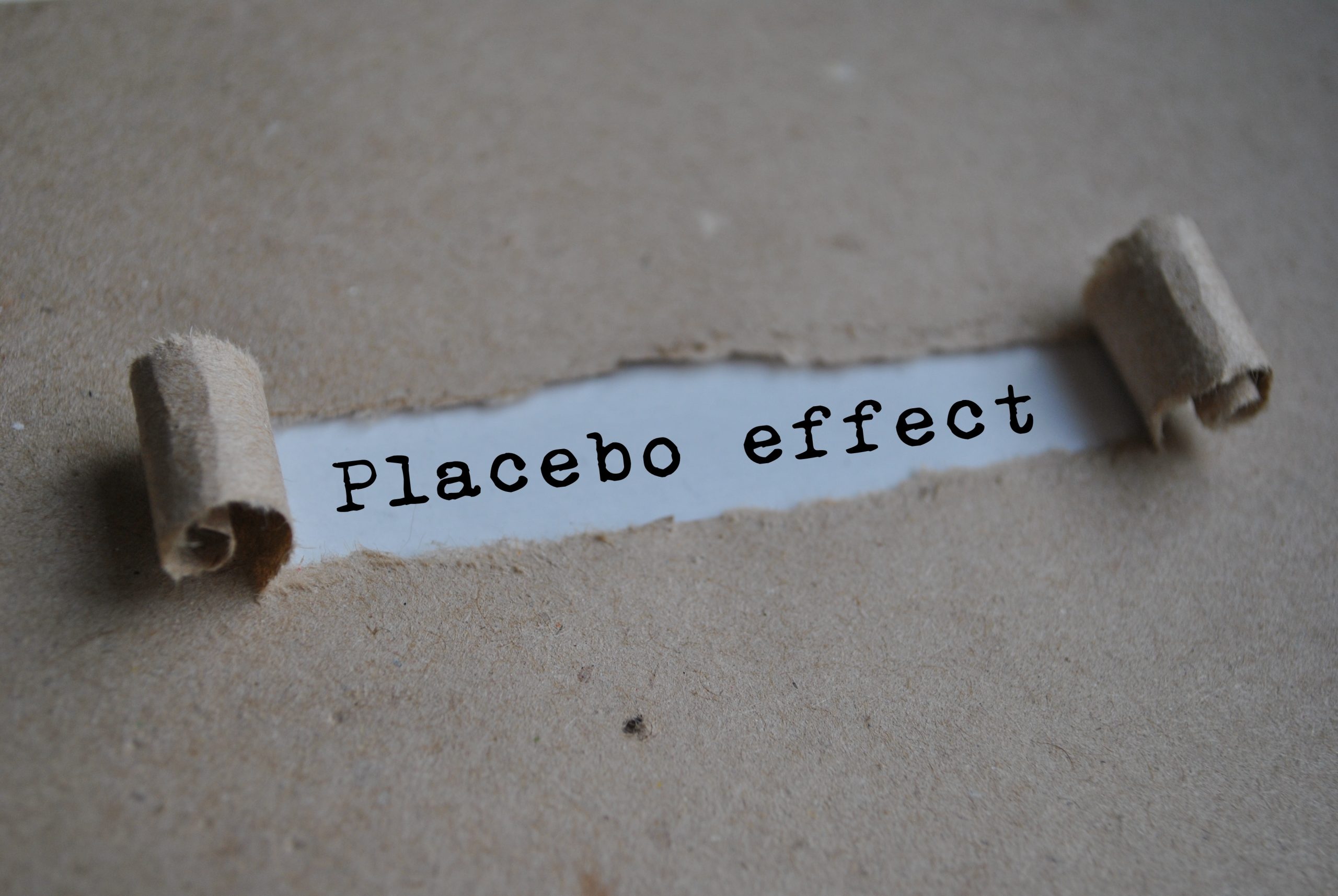Have you ever talked yourself into believing that a particular remedy would clear your skin, cure your hangover or make you feel better? Yep, me too.
The mind is a powerful thing and can do some pretty amazing stuff when given the chance.
For centuries, physicians have studied the placebo effect, a phenomenon that suggests our minds can convince us that a treatment will work, even when that treatment is nothing more than a sugar pill.
It turns out, the placebo effect is pretty real and is one of the reasons that researchers conducting clinical trials use a placebo, or an inactive treatment to test against the true medication.
A placebo ultimately helps determine if the active medicine being tested is truly effective or not. During (or after) a clinical study, physicians and medical staff will compare results of the group of participants that received the actual treatment against those in the placebo group.
If the active group is reporting a positive change in symptoms while the placebo group is not, researchers can say that the active medication is effective.
So let’s get down to brass tacks. If you’ve ever thought about participating in a clinical study, you may be asking yourself why in the world you would participate if there is a chance you could receive an inactive treatment.
Well, although the placebo may be fake, the other benefits are real. Statistics show that seeing a doctor just once-per-year can have dramatic effects on your health and help prevent long-term medical conditions. So seeing a doctor and medical staff, obtaining diagnostic test results and getting paid for your time may be all the reason you need to participate in a study.
And even if you do end up getting a placebo, studies show that there’s a good chance you will feel better anyway. Mind over matter!
If you would like to know more or have any questions about participation in a study, call us at 203-374-9816 or click here to view currently enrolling study opportunities.
See you soon!
